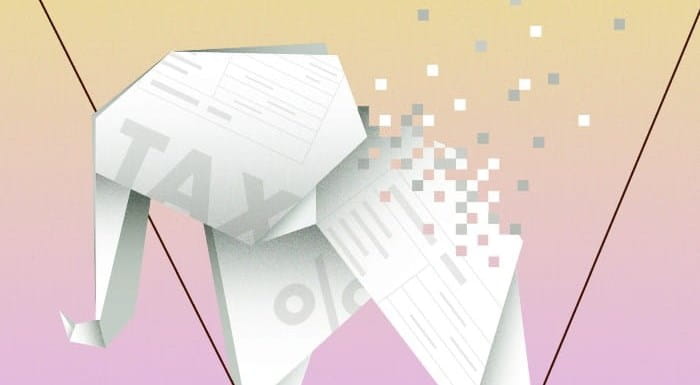The Chancellor closed the second Budget of 2021 by announcing a permanent cut to the rate at which universal credit (UC) payments are reduced when recipients increase the number of hours they work.
The current rate of 63% means that for every £1, after tax, a person earns their UC payment is reduced by 63 pence. Rishi Sunak confirmed that this rate will be reduced to 55%. It’s the first change to the taper rate since April 2017, when the rate was reduced from 65%.
Alongside the change to the taper rate, HM Treasury has confirmed that there will be a £500 per year increase to the working allowance – the amount households can earn before the UC taper applies.
Currently the allowance is set at £293 per month for households receiving housing support and £515 for those that do not receive support. The change will increase earnings limits to £334 and £556.
In his Budget speech the Chancellor confirmed that the government would not wait for the start of the new tax year to implement these changes, but committed to having them in place by 1 December 2021.
HM Treasury estimates that 1.9m households will benefit from the changes to UC, and while they will help to alleviate the impact of the removal of the £20 per week uplift for many, they won’t help all of those affected. Recipients not working due to unemployment, sickness or disability will not see any increase to their UC payments.
Budget webinar
The Tax Faculty reflected on the Chancellor's announcements in this essential webinar. Freely available, watch the recording to find out what the Autumn Budget 2021 could mean for you and your clients.

Tax Faculty
This guidance is created by the Tax Faculty, recognised internationally as a leading authority and source of expertise on taxation. The Faculty is the voice of tax for ICAEW, responsible for all submissions to the tax authorities. Join the Faculty for expert guidance and support enabling you to provide the best advice on tax to your clients or business.



